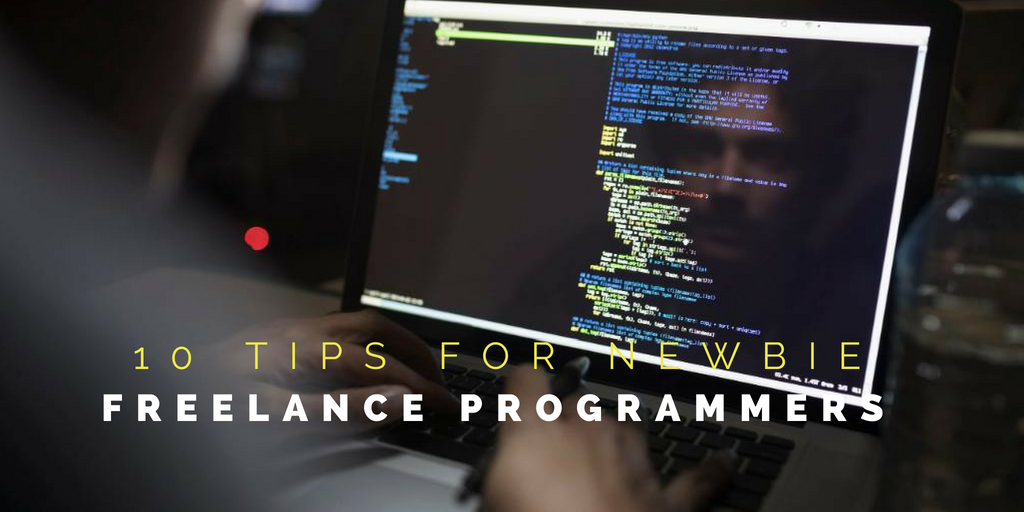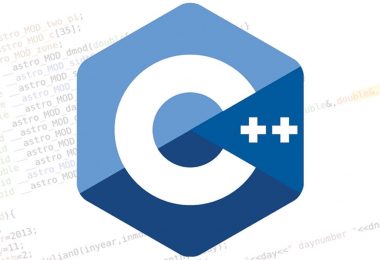
One of the jobs high in demand in the freelance community are the programming jobs, and professional recruiters are employing all kinds of strategies to hire well-qualified freelance programmers. These programmers are being offered hefty sum for their contribution, making them amongst the highest earning freelancers presently.
The freelance community does not necessarily want you to be experienced. As long as you possess sufficient programming skills and can demonstrate the same, the employers are willing to hire and even pay you as much as any experienced programmer under a few conditions.
However, despite that, freelance programming is not as simple a task as one might imagine it to be.
In this article, we have listed down a few tips for all fresh freelance programmers out there who want to make it big in this field, but do not know how and where to start. Follow each of the following-mentioned tips diligently, and the freelance community will not be as tough as you might have imagined.
Here are 7 such tips every beginner freelance programmer should know about:
- One Task At A Time
As noted earlier the demand for freelance programmers is high, and thus, you can expect a lot of work opportunities coming your way. However, this should not lead you astray and dupe into taking up more than you can handle.
It is highly recommended that you take up one project at a time. Since you are a beginner, you are not aware of the ways of the freelancing community. Take time to figure out how the industry works by focusing on one project at a time.
Once you are acquainted with the ways of work and are able to accordingly determine your time schedule, you can increase the workload. But, until then, hold your horses and do not let yourself get swayed away.
- Different Perceptions About The Easiness Of The Job
As a beginner, you would ask around your fellow freelancer friends about freelance programming—and you should expect varied answers.
Well, the thing is, everyone finds different things different. For example, many programmers might find operating systems programming not as complicated as web programming; whereas, web developers will argue in favor of markup language and sheet language.
A very important tip is this: you are a programmer and you know what you find most convenient. Take up jobs you think you can adequately perform and do not be influenced too much by what others say. It is good to consider other people’s opinions, but do not let them run your affairs.
- It Is Important To Name Conventions
In case you are starting afresh in the field of web development languages, then it will be difficult to comprehend all the naming conventions which are found in various languages. Matters become more complicated when developers do not share a consensus on the best available practices for naming conventions.
When you see a variable or method with an underscore preceding it, you should expect some serious business. This is basically a naming convention acting as a reminder to the web developer that a particular variable or method is private or under protection, and its access is class-restricted.
When you see anything like this, you will have to make a decision as to whether your code will contain shortcuts or not. Naming conventions will help you write readable codes faster—something which many beginner freelance web developers find most difficult.
- Comply With The Coding Standards Prescribed
Different companies prescribe different standards for codes, and thus, it is extremely important that you sincerely take note of what standards your company follow.
If you start in abstract, then coding will become unreasonably difficult and the company might not offer you another opportunity regardless of how skilled you are. There are principles which you must follow to ensure professionalism.
You must make sure that nobody can tell the changes you have incorporated into any existing code. When you make additions, nobody should be able to identify you—it is one of the basic principles of coding.
- There Is Nothing Called A Perfect Code
You might be highly qualified and extremely talented, but no matter how hard you try, you cannot create a perfect code.
When you start coding, you will eventually find that having 80 percent satisfaction is okay—in fact, companies also accept that level of satisfaction. If you are not happy with the rest 20 percent that does not necessarily make you a mediocre programmer.
The only things you need to take care ofare: accuracy, giving your all and removal of bugs for better operation. If you implement all these, then your code is good to go and you can stop cribbing about the quality you failed to achieve despite all your hard work.
- Learn Basics Of Various Languages
You should try becoming an all-round software developer.
When we say this, we do not want you to pursue everything at the same time. You can learn bit-by-bit, and eventually, you will become immensely knowledgeable about programming. Such knowledge sells like hot cakes in the freelance industry and helps you in earning handsomely.
Basics of programming include data structures, algorithms, functional programming, clean coding, object-oriented programming,and refactoring. These basics are found in every language, and all you need to do is study and practice them regularly.
Once you are confident about them, you can add them to your portfolio and sell your skills.
- Do Not Hesitate When Asking For Help
It is commonly found among beginners that they hesitate in asking for help. It is recommended that you set aside this hesitation and ask for help whenever you think is reasonable. Employers would rather assist you than be delivered work which is poor-quality.
Moreover, when you do so, you are socializing and this can help you foster better relations with your client. Such socialization might even help you get a long-term project or high-paying work opportunity. So, ask for help, no matter how many times you need it.




